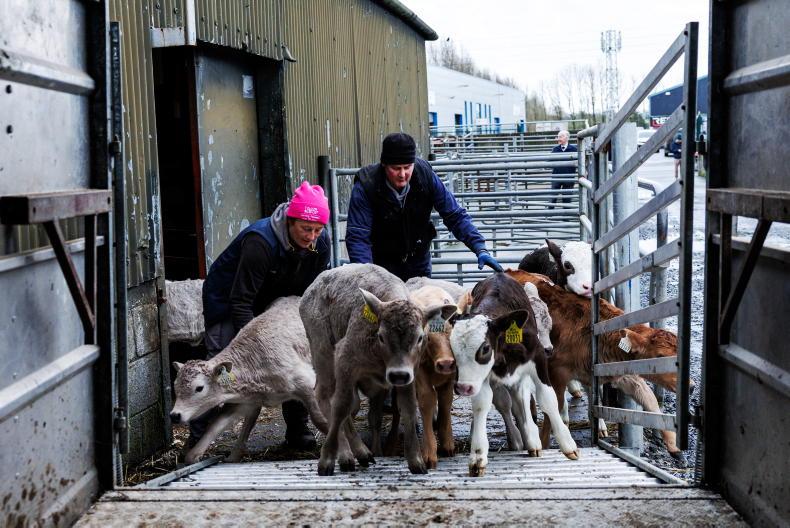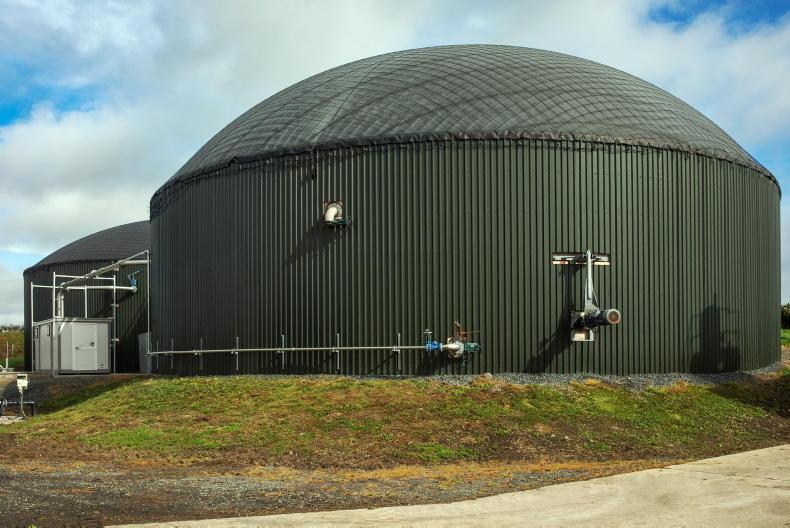I was delighted to read an article a few weeks ago in the Irish Farmers Journal reporting from one of the meetings organised for farming families who were interested in discussing mental health.
Right across society, there is a gradual swing away from the terrible stigma surrounding emotional difficulties, and this has been replaced by a creeping recognition that it is quite normal to experience feelings of anxiety, stress, worry, or depression.
Farmer Writes: Mental health in farming.
The meeting was organised by Rural Support, who are the driving force behind the initiative, and full marks to them for shedding light on a topic that has been shamefully ignored for decades.
They also organised a talk by New Zealand farmer Doug Avery a few months ago, which I did attend, along with about 300 other farming folk.
Ignored
While any discussion surrounding mental health is to be commended, I cannot help but think there’s still an elephant in the room that is being ignored, and one which will undoubtedly have to be confronted if we are going to truly tackle mental health in the farming community.
Both of these events focused on what I would call “reactive depression”. I have no idea if such a term even exists – I would attempt to describe it as anxiety, low mood, or depression that is caused by a trigger such as weather, poor prices, lack of profits, or perhaps mounting bureaucracy.
Right across society, there is a gradual swing away from the terrible stigma surrounding emotional difficulties
However, no one is yet talking freely about the absolute freefall into depression that comes about without any of these catalysts. What if someone is financially viable, runs a vibrant business, goes about their daily work with a smile on their face, yet is fighting a battle in their head against the multiple negativities that bind together to become clinical depression?
They don’t have the relative comfort of a concrete excuse for feeling low and may therefore be unwilling to speak out about their illness.
I suspect this has something to do with a fear of what other people might think, since one of the most damaging accusations levelled at anyone suffering poor mental health is that awful line; “Sure, what have you got to be depressed about?”
Disagree
I’ll go one step further and say something that some will disagree with – I was disappointed with the Doug Avery event, and cannot see how it helped anyone suffering from the type of depression just mentioned.
His presentation was (for me) self-congratulatory, and again, all the events that contributed to his depression were mechanical or definitive causes. He dwelled on extolling his virtues as a successful farmer, and how he had transformed the farm into a prize-winning outfit. I didn’t hear anything that could be interpreted as beneficial to someone feeling low, unless that person’s mental health was remedied by a red-hot business plan.
I didn’t hear anything that could be interpreted as beneficial to someone feeling low, unless that person’s mental health was remedied by a red-hot business plan.
Idea
I’m sure if you asked every farm family member to contribute one idea that could help someone in poor mental health, there would be a long and varied list of suggestions.
Most of them will undoubtedly have been discussed at some of the Rural Support events, and some will be more popular than others.
If I was asked to contribute, I suspect my proposal would go down like a lead balloon, although it is something that works for me.
Despite never being much of a drinker, I now keep alcohol consumption to an absolute minimum, and the difference in how I feel on a Monday morning without that big Saturday night is stark.
Of course, there are occasional lapses, but they merely serve as a timely reminder that a few beers at the weekend stops me enjoying my farming for at least three days. Imagine, it only took me 40 years to work that one out!
Read more
Farmers told to be open about mental health
‘There is a light at the end of the tunnel’
I was delighted to read an article a few weeks ago in the Irish Farmers Journal reporting from one of the meetings organised for farming families who were interested in discussing mental health.
Right across society, there is a gradual swing away from the terrible stigma surrounding emotional difficulties, and this has been replaced by a creeping recognition that it is quite normal to experience feelings of anxiety, stress, worry, or depression.
Farmer Writes: Mental health in farming.
The meeting was organised by Rural Support, who are the driving force behind the initiative, and full marks to them for shedding light on a topic that has been shamefully ignored for decades.
They also organised a talk by New Zealand farmer Doug Avery a few months ago, which I did attend, along with about 300 other farming folk.
Ignored
While any discussion surrounding mental health is to be commended, I cannot help but think there’s still an elephant in the room that is being ignored, and one which will undoubtedly have to be confronted if we are going to truly tackle mental health in the farming community.
Both of these events focused on what I would call “reactive depression”. I have no idea if such a term even exists – I would attempt to describe it as anxiety, low mood, or depression that is caused by a trigger such as weather, poor prices, lack of profits, or perhaps mounting bureaucracy.
Right across society, there is a gradual swing away from the terrible stigma surrounding emotional difficulties
However, no one is yet talking freely about the absolute freefall into depression that comes about without any of these catalysts. What if someone is financially viable, runs a vibrant business, goes about their daily work with a smile on their face, yet is fighting a battle in their head against the multiple negativities that bind together to become clinical depression?
They don’t have the relative comfort of a concrete excuse for feeling low and may therefore be unwilling to speak out about their illness.
I suspect this has something to do with a fear of what other people might think, since one of the most damaging accusations levelled at anyone suffering poor mental health is that awful line; “Sure, what have you got to be depressed about?”
Disagree
I’ll go one step further and say something that some will disagree with – I was disappointed with the Doug Avery event, and cannot see how it helped anyone suffering from the type of depression just mentioned.
His presentation was (for me) self-congratulatory, and again, all the events that contributed to his depression were mechanical or definitive causes. He dwelled on extolling his virtues as a successful farmer, and how he had transformed the farm into a prize-winning outfit. I didn’t hear anything that could be interpreted as beneficial to someone feeling low, unless that person’s mental health was remedied by a red-hot business plan.
I didn’t hear anything that could be interpreted as beneficial to someone feeling low, unless that person’s mental health was remedied by a red-hot business plan.
Idea
I’m sure if you asked every farm family member to contribute one idea that could help someone in poor mental health, there would be a long and varied list of suggestions.
Most of them will undoubtedly have been discussed at some of the Rural Support events, and some will be more popular than others.
If I was asked to contribute, I suspect my proposal would go down like a lead balloon, although it is something that works for me.
Despite never being much of a drinker, I now keep alcohol consumption to an absolute minimum, and the difference in how I feel on a Monday morning without that big Saturday night is stark.
Of course, there are occasional lapses, but they merely serve as a timely reminder that a few beers at the weekend stops me enjoying my farming for at least three days. Imagine, it only took me 40 years to work that one out!
Read more
Farmers told to be open about mental health
‘There is a light at the end of the tunnel’









SHARING OPTIONS